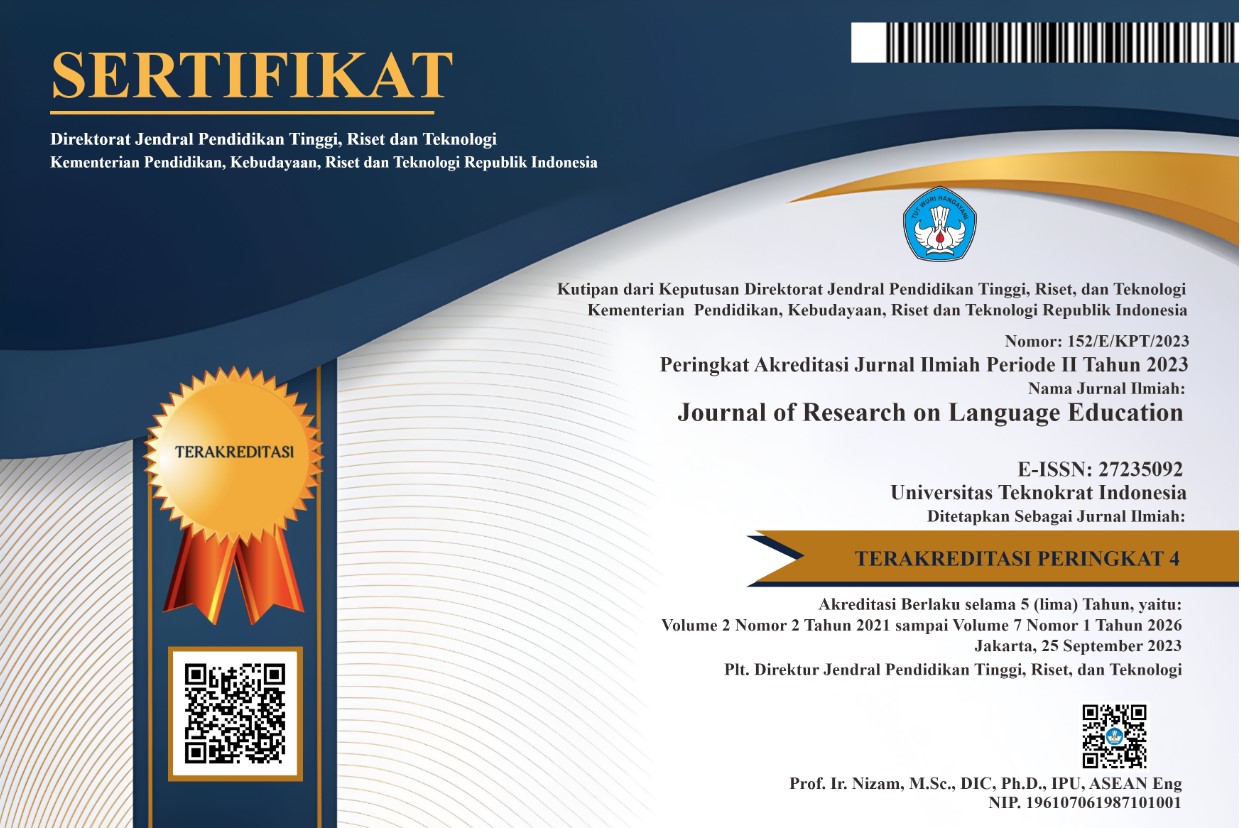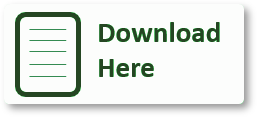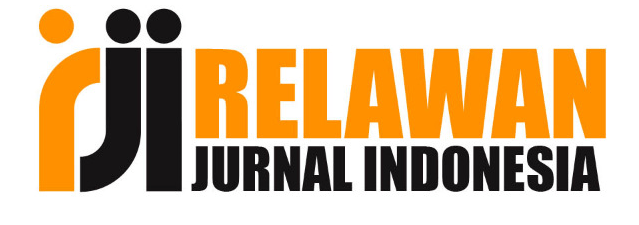READING ONLINE: EVALUATION OF ONLINE SOURCES CREDIBILITY
Abstract
The vast amount of online information demands readers to check its credibility since fabricated information has widely been misused and also supported by a lack of filters in web-based sources in ensuring its quality. In practice, checking the credibility of an online source is not an easy task to do as searchers need to consider several aspects in its application. This happens due to some factors, such as language and searchers’ willingness in identifying the quality of online information. This paper focuses on the evaluation of online sources' credibility covering scholars’ definitions of online sources credibility, English-native and foreign searchers’ perspective in judging online sources, and varied criteria applied in online sources credibility in which give insight for readers about this issue and provide references for further study.
Keywords
Full Text:
PDFReferences
Alexander, J. E. & Tate, M. A. (1999). Web Wisdom: How to Evaluate and Create Web Page Quality on the Web. Hillsdale, NJ: L. Erlbaum Associates Inc.
Ayu, M. (2020). Online learning: Leading e-learning at higher education. The Journal of English Literacy and Education, 7(1),
-54.
Bateman, J. (1999). Modeling the Importance of End-user Relevance Criteria. In Woods, L. (Ed.), Proceedings of the 62nd Annual Meeting of the American Society for Information Science, Washington D.C., October 31- November 4, 1999 (pp. 396-406)/ Medfrod, NJ: Information Today, Inc.
Brandt, D. S. (1996). Evaluating Information on the Internet. Computers in Libraries, 16(5), 44-46.
Callister, T. A., Jr. (2000). Media literacy: On-ramp to the Literacy of the 21st Century or Cul-de-sac on the Information Superhighway. Advances in Reading/Language Research, 7, 403-420.
Catherine, Y. (2018). 'Indeks kredibilitas Media Online: Studi Deskriptif Kredibilitas Media Online di Jakarta di Mata Generasi Millennial', Bachelor thesis, Universitas Multimedia Nusantara, Jakarta.
Diviani, N., Den, P., B., Giani, S., Van, W. (2015). Low health literacy and evaluation of online health information: A systematic review of the literature. J Med Internet Res, 17(5).
December, J. (1994) Challenges for web information providers. Computer-Mediated Communication. 1, 8-24.
Fisher, J., Burstein, F., Lynch, K., Lazarenko, K. 2008. Usability + Usefulness= Trust: An exploratory Study of Australian Health Websites. Internet Research, 18(5), 477-498.
Fidel, R., Davies, R., K., Douglas, M., H., Holder, J., K., Hopkins, C., J., Kushner, E., K., Miyagishima, B., K., & Toney, C.,
D. (1999). A visit to the information mall: Web Searching Behavior of High School Students. Journal of the American
Society for Information Science, 50(1), 24-37.
Flanagin, A. J. & Metzger, M. J. (2008). Digital Media and Youth: Unparalleled Opportunity and Unprecedented Responsibility. Cambridge, MA: MIT Press.
Flanagin, A.J., & Metzger, M.J. (2000). Perceptions of Internet Information Credibility. Journal of Mass Communication Quarterly, 77(3), 515-540.
Fogg, B. J. (2003). Prominence-Interpretation Theory: Explaining How People Assess Credibility Online. In Proceedings of the Extended Abstracts on Human Factors in Computing Systems, Fort Lauderdale, Florida, USA (pp. 722-723). New York, NY: ACM.
Forzani, E. (2018). How Can Students Evaluate Online Science Information? Contributions of Prior Knowledge, Socio Economic Status and Offline Reading Ability. Reading Research Quarterly, 53(4), 385-390.
Hilligoss, B., & Rieh, S. S. Y. (2008). Developing a Unifying Framework of Credibility Assessment: Construct, Heuristics, and Interaction in Context. Information Processing & Management, 44(4), 1467–1484.
Judd, V. C., Farrow, L. I., & Tims, B. J. (2006). Evaluating Public Web Site information: A Process and an Instrument. Reference Service Review, 34(1), 12–32.
Kitchens, B., Harle, C., & Li, S. (2014). Quality of Health-Related Online Search Results. Decision Support Systems, 57, 454–462.
Komlodi, A., Jozsa, E., Koles, M., Hercegi, K. (2011). Search Quality Differences in Native and Foreign Language Searching. In proceeding of the Human-computer Information.
Lackaff, D & Cheong, P., H. (2008). Communicating Authority Online: Perceptions and Interpretations of Internet Credibility among College Students. The Open Communication Journal, 2, 143-155.
Oktaviani, L. & Desiarti, E. (2017). A Lecturer’s and Students’ Perspective toward Ethnic Snake Game in Speaking Class at Universitas Muhammadiyah Malang. TEKNOSASTIK: Journal Bahasa dan Sastra. 15(2), 53-59. DOI: https://doi.org/10.33365/ts.v15i2.98
Oktaviani, L. & Mandasari, B. (2020). Powtoon: A Digital Medium to Optimize Students’ Cultural Presentation in ELT Classroom. Teknosastik: Jurnal Bahasa dan Sastra, 18(1), 33-41. DOI: https://doi.org/10.33365/ts.v18i1.526.
Rieh, S., Y. (2014) Credibility Assessment of Online Information in Context. Journal of Information Science Theory and Practice, 2(3), 06-17.
Rieh, S. Y. (2010) Credibility and cognitive authority of information. Encyclopedia of Library and Information Sciences, 1(1), 1337-1344.
Sari, F. M. (2016). Internet-Based Materials in Enhancing College Students’ Writing Skill Viewed from Their Creativity. Teknosastik: Jurnal Bahasa dan Sastra, 14(1), 41-45.
Sari, F. M. (2020). Exploring English Learners’ Engagement and Their Roles in the Online Language Course. Journal of English Language Teaching and Linguistics, 5(3), 349-361.
Savolainen, R. (2011). Judging the Quality and Credibility of Information in Internet Discussion Forums. Journal of the American Society for Information Science and Technology, 62, 1-25.
Serafni, F. (2012). Reading Multimodal Texts in the 21st Century. Research in the Schools, 19(1), 26-32.
Shahibi, S., S., Mazlan, M., A., Noor, M., H., & Hanafiah, M., S., M. (2013). Perception toward the Credibility of Information
in Internet among Young Malay Generation. International Journal of Education and Research, 1(7), 1-8.
Young, A.L. Komlodi, A., Rozsa, & G. Chu, P. (2016). Evaluating the Credibility of English Web Sources as a Foreign Language Searcher. Proceeding of the Association for Information Science and Technology, 53(1), 1-9.
Zhang, Y. (2014). Searching for Specific Health-Related Information in MedlinePlus: Behavioral patterns and user experience. Journal of the Association for Information Science and Technology, 65(1), 53–68.
DOI: https://doi.org/10.33365/jorle.v2i1.1007
Refbacks
- There are currently no refbacks.

This work is licensed under a Creative Commons Attribution-NonCommercial-ShareAlike 4.0 International License.

Articles published in Journal of Research on Language Education is licensed
under a Creative Commons Attribution-ShareAlike 4.0 International License.
English Education Study Program, Faculty of Arts and Education.
Universitas Teknokrat Indonesia
Zainal Abidin Pagaralam 9-11 Bandar Lampung, Indonesia
All rights reserved.








